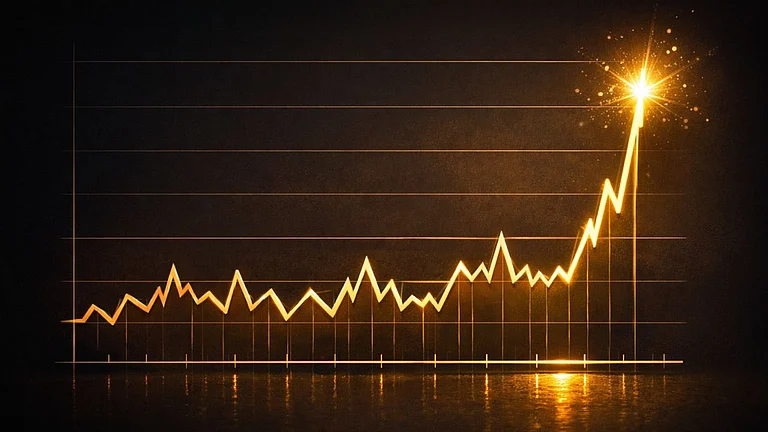On Monday, the world’s largest crypto exchange, Binance, paused Bitcoin withdrawals because of severe network congestion. Their team suggested users use BTC-BNB or BTC-ETH trading pairs to exchange their Bitcoin and withdraw until they fix the problem.
“The temporary pause of $BTC withdrawals on #Binance is due to stuck transaction causing a backlog. Should be fixed in ~30 minutes. Will update. Funds are SAFU,” Binance CEO Changpeng Zhao Tweeted.
On the same day, Celsius Network, a cryptocurrency lending firm, announced to pause all withdrawals and transfers between accounts due to “extreme market conditions”, in the latest sign of pressure in the crypto industry. So, what does all this indicate about the intention of the exchanges? What should investors do in such a time, and should they forget about their money?
What Does It Indicate?
Most industry experts have noted that crypto exchanges are halting their withdrawal and deposits as they are running out of liquidity.
“Exchanges don’t have liquid cash even to a fraction of the supposed value of cryptocurrencies, which they hold in their digital wallets on behalf of investors. As the exchanges cannot liquidate their holdings even at their depreciated values, they are trapped,” says SC Garg, former finance secretary, India, and a crypto expert.
“A lot of crypto exchanges keep some Bitcoin or rupee in their reserves or their cold wallets for long-term storage, and you know it’s like they keep circulating the same cryptos with new users. But whenever there is a situation like this where people want to withdraw their crypto all at once, it takes a toll on the entire matching system. Also, another reason is that right now, the exchanges just have 2.4 million Bitcoins out of 19 million in circulation. So, this clearly indicates that the exchanges are running dry,” says Sidharth Sogani, CEO of CREBACO Global, a crypto data provider platform.
What Should Investors Do Now?
In such situations, bankruptcy is the most likely outcome for some exchanges, at least.
“Investors would be as big sufferers as the depositors of any bank, which the RBI places under moratorium. It is not easy to forget your investment losses,” says Garg.
Dr.Oriol Caudevilla, board director at the Global Impact FinTech Forum (GIFT) and a fintech advisor, pointed out that even though it is undeniable that crypto markets are facing intense pressure (which started last month with the Terra/Luna collapse and followed these last few days with BTC´s massive price drop), it all needs to be put in perspective.
“The current situation does not mean that the crypto era is ending, but both education in Tokenomics as well as proper regulation is necessary to protect investors, especially retail investors, who are the ones who can be more at risk in such a volatile moment,” he said.
“In the near future, it seems that the high uncertainty in the crypto category will continue to prevail, and the segment will get its mojo back only when central banks moderate their lending policies, and inflation moderates back to its nominal level,” says Tushar Gandotra, founder and CEO at FiEx, a Web3 ecosystem that provides a platform for crypto-to-crypto, fiat-to-crypto, and NFT transactions for business and consumers.
Should Investors Forget Their Money?
On June 13, 2022 cryptocurrency markets hit a new low for the year. The worldwide market capitalisation dropped from $1 trillion to $977 billion, a drop of about 12 per cent from the previous day. This year, the worldwide cryptocurrency market valuation dropped by roughly $1 trillion, and almost all of the leading coins are now worth half or less than their all-time highs.
Since the weekend, the value of Bitcoin, the most popular cryptocurrency as well as the largest by volume, has gone below $22,000, while practically other altcoins, beginning with Ethereum, have also seen their prices decrease.
“The music stops and liquidity dries up. Platforms blocking withdrawals are just last-minute efforts to find a creditor or couch up collateral. There’s not much that investors can do, but stay away from high-yielding crypto platforms and keep one’s coins in a hard wallet or pure play exchanges like Binance,” says Suman Bannerjee, CIO, Hedonova, an AIF firm that invests in crypto, equipment finance, Art, wine and P2P lending.
That said, some experts have said that no consumer would have to let go of their investments, and no one should entertain such thoughts.
“The intention of such exchanges is to gradually align with the (rightful) understanding of traceless flow of rupees (not the coins) which is possible if exchanges permit rupee deposits with coin withdrawals or vice versa,” says Prashant Kumar, founder, WeTrade.
Incidentally, the crypto market has been under pressure from the US Federal Reserve, which has hiked interest rates to combat inflation over the past few months. Bitcoin, Ethereum, and most cryptocurrencies suffered losses over the weekend after a broad sell-off following data showing the US inflation hitting a 40-year high.
“As investors seem to have panicked, the number of crypto liquidations has been high since Friday. The bearish market may likely continue for the next few weeks,” says Edul Patel, CEO and co-founder of Mudrex, a Global Algorithm-based Crypto Investment Platform.













